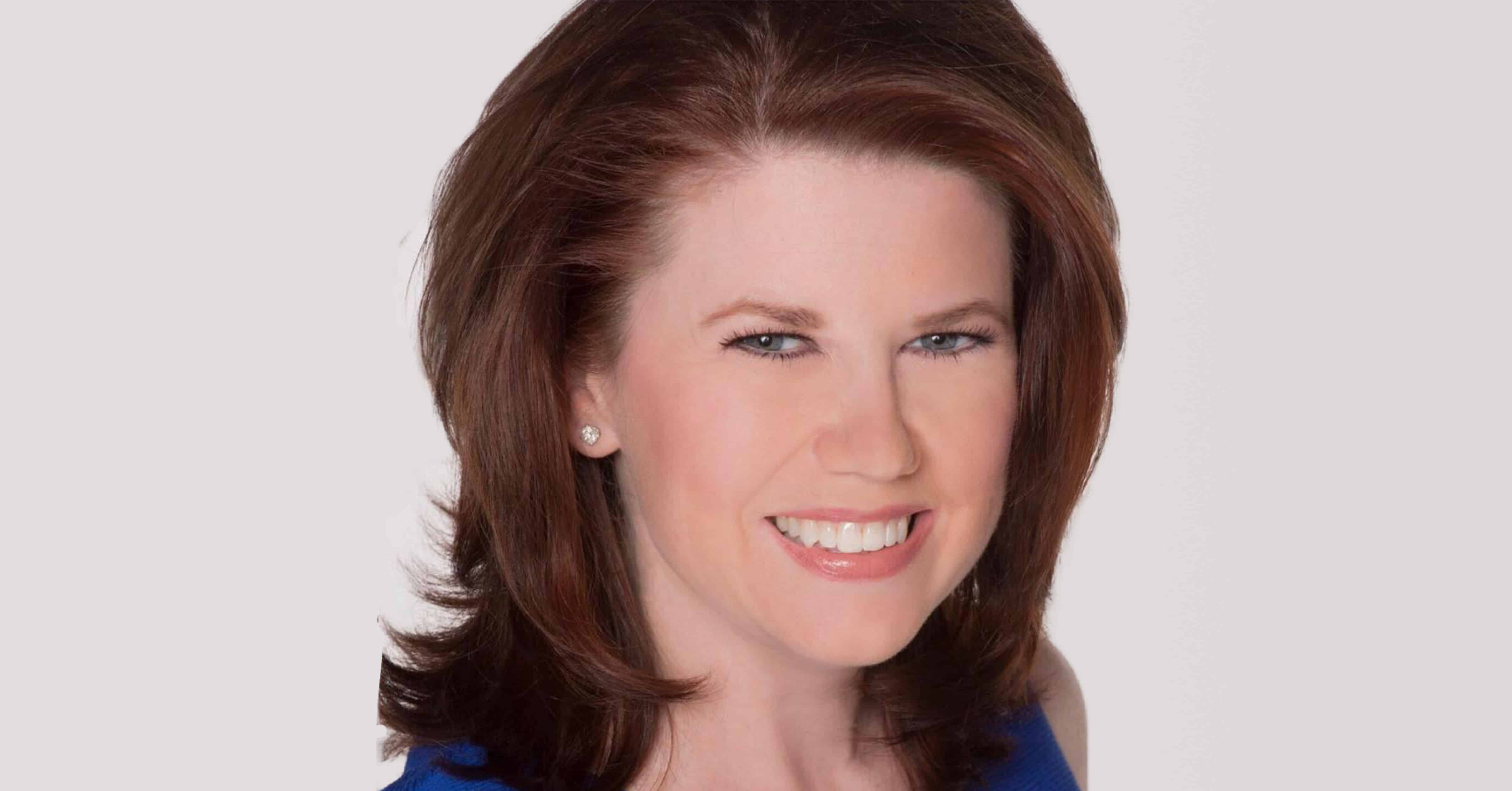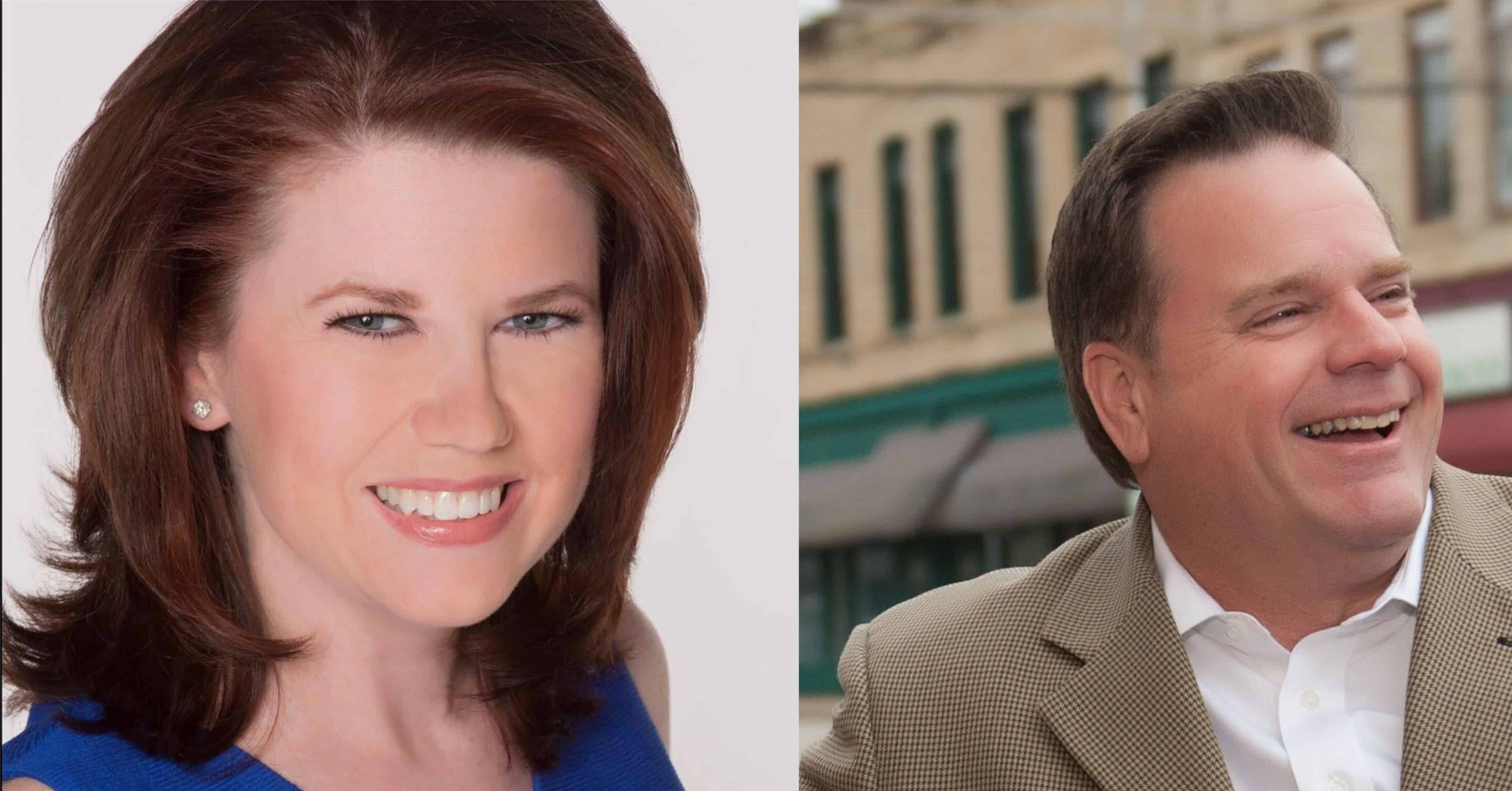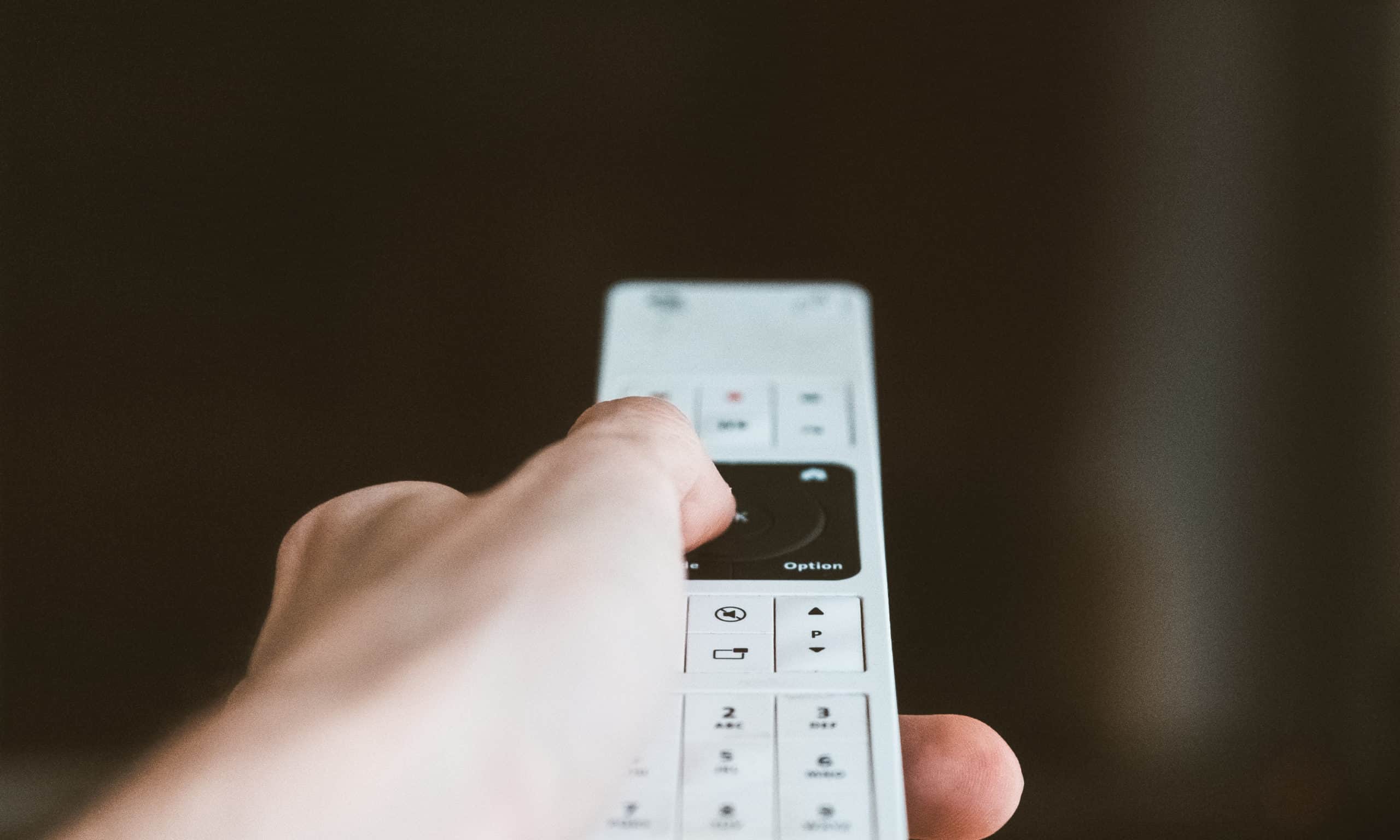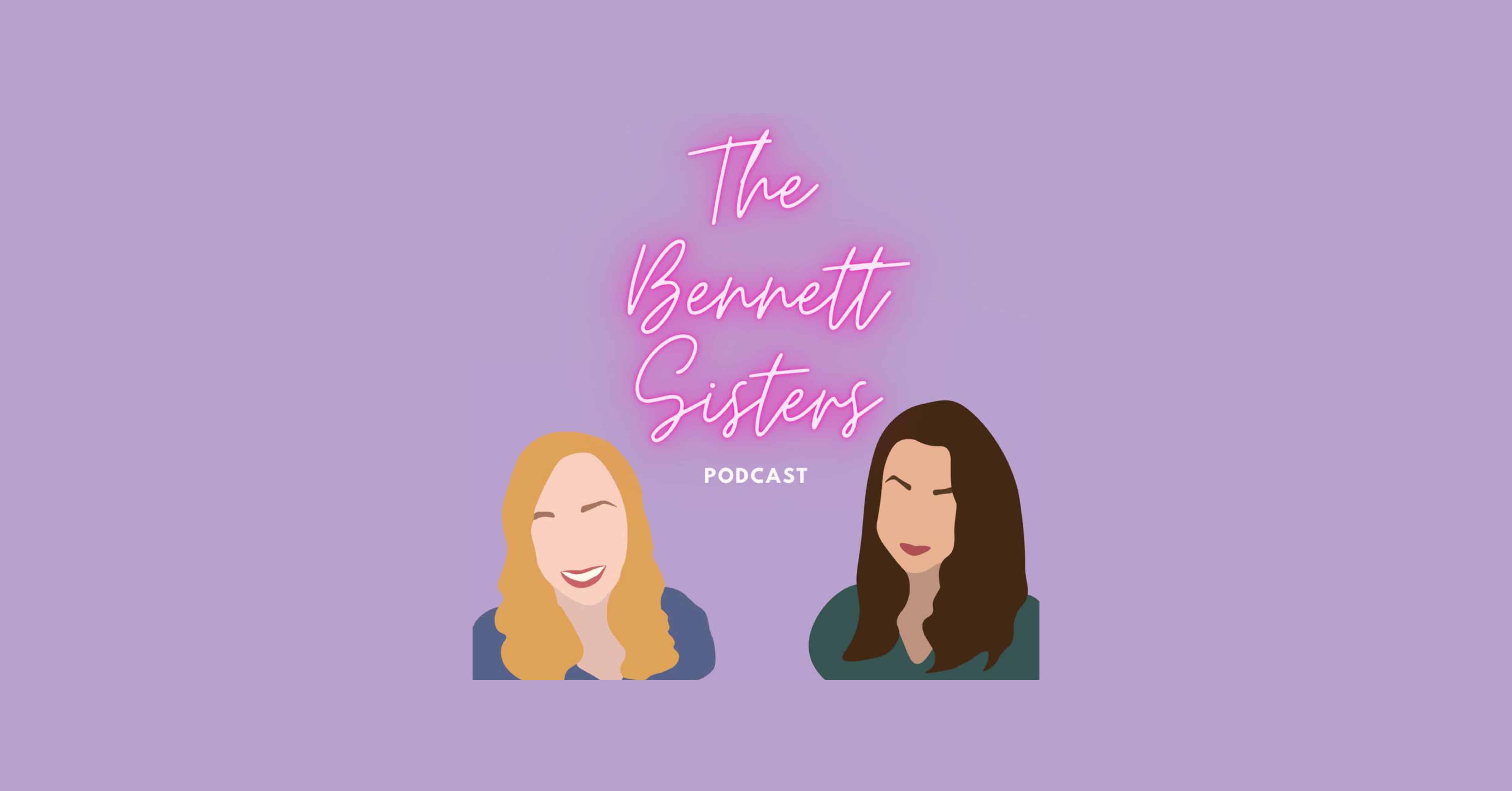A new year always suggests the opportunities to create the world we truly wish to live in and the strategies we must implement to achieve success. Too many of us write down meaningless resolutions on January 1 that have no measurable qualities to denote actual commitment from the writer. This year will be different for you. As Jim Rohn often said, “We all face the same environmental disturbances and life challenges. We can either let the wind blow us where it goes, or we can reset our sail to go in the direction we desire.”
After Christmas, the reality of the expenditures we made comes to our attention. Credit cards that were used to make purchases are now due. Our economy is subjected to the highest inflation we have experienced in 40 years. You will note the impact of this inflation in your gasoline, food, clothing, medical and other items you purchase for everyday living. To counter the increasing inflation impact, the Federal Reserve Board of Governors continues to raise the rate it loans monies to participating banks. This process creates an impact on the economy to discourage the use of credit which will slow the demand of cash in the country.
One of the most noticeable areas of your life in which the Fed’s interest rate raises appear is your credit card bill. When opening your card statement, you will notice the increased interest rate for any balances not paid in full by the due date of the statement. Compare the interest rate from a year earlier to the one you received this month. Most likely the rate will have increased significantly.
The key habit to build into your lifestyle is to pay the monthly balance owed on your card in full each month. Two benefits will result from this habit. First, you will notice your credit score may rise due to the excellent payment record and management of your credit line. Second, you will maintain better control of your monthly budget since you will need the cash to pay off your card balance each month.
One group of professionals that track credit card usage is the American Bankers Association. According to the data collected by the association, 40% of all Americans utilized a credit card and maintained a balance on the account at some date within the second quarter of 2022. Experian, one of the major credit monitoring agencies in the United States, reported that the average balance, reported by credit card issuers, owed by Americans in the third quarter of 2022 was approximately $6,004. In most instances, the reasons for using a credit card are to bridge cash flow needs during the month. However, it is highly recommended that credit cards are not used for purposes of increasing one’s lifestyle.
To control your life, you must take command of the variables that impact you. Your credit should be reviewed annually and loans with the highest interest rate should be liquidated first. Continue this process until all debt is paid in full.
A funny, but true, story that happened to me last summer related to the purchase of an automobile for our daughter. Based on our excellent credit score, our family has not paid interest on a vehicle in more than 20 years. Knowing that our credit score was higher this year than the last vehicle we purchased, I confidently walked into the dealership in her city and introduced myself. Our daughter had researched the type of vehicle she wanted, and the dealership possessed a similar one in its inventory.
We informed the salesman of the amenities she desired on the vehicle and was informed one that she wanted was being shipped to the dealership within a couple of weeks. Remember, this is still a supply chain issue in the U.S., and I informed my daughter to give them a month before expecting delivery. We negotiated the price; I shook hands with the salesman and ask him to write the purchase contract. What happened next completely caught me by surprise!
I had researched the financing options with the manufacturer and noted that there were no zero-interest financing available due to the economy and the demand for vehicles. To counter this economic impact, we were going to write a check for the automobile. As I began to write the check, the salesman noted that I was writing it for the total agreed sales price. He said, “you can’t write a check for the sales price, or we will have to raise the price $1,000.”
Imagine the shock on my face that we would be charged an additional amount for paying the car in full instead of financing the vehicle! I understood what the gentleman was explaining and thought that the dealership would be grateful to work with someone who has such stellar credit and pays up front for their vehicles. Alas, these are different times.
The moral of this story is “cash isn’t always king” and “supply and demand” play a heavy role in the operations of businesses.
Review your current debt and find a means of paying off the largest interest rate loans. If your credit card is carrying a balance, I would recommend you start by paying the largest amounts available on the balance. To assist you with your family’s cash flow planning and other future needs, consult your local Certified Financial Planner™ professional. Hope you enjoy a successful and prosperous New Year!








